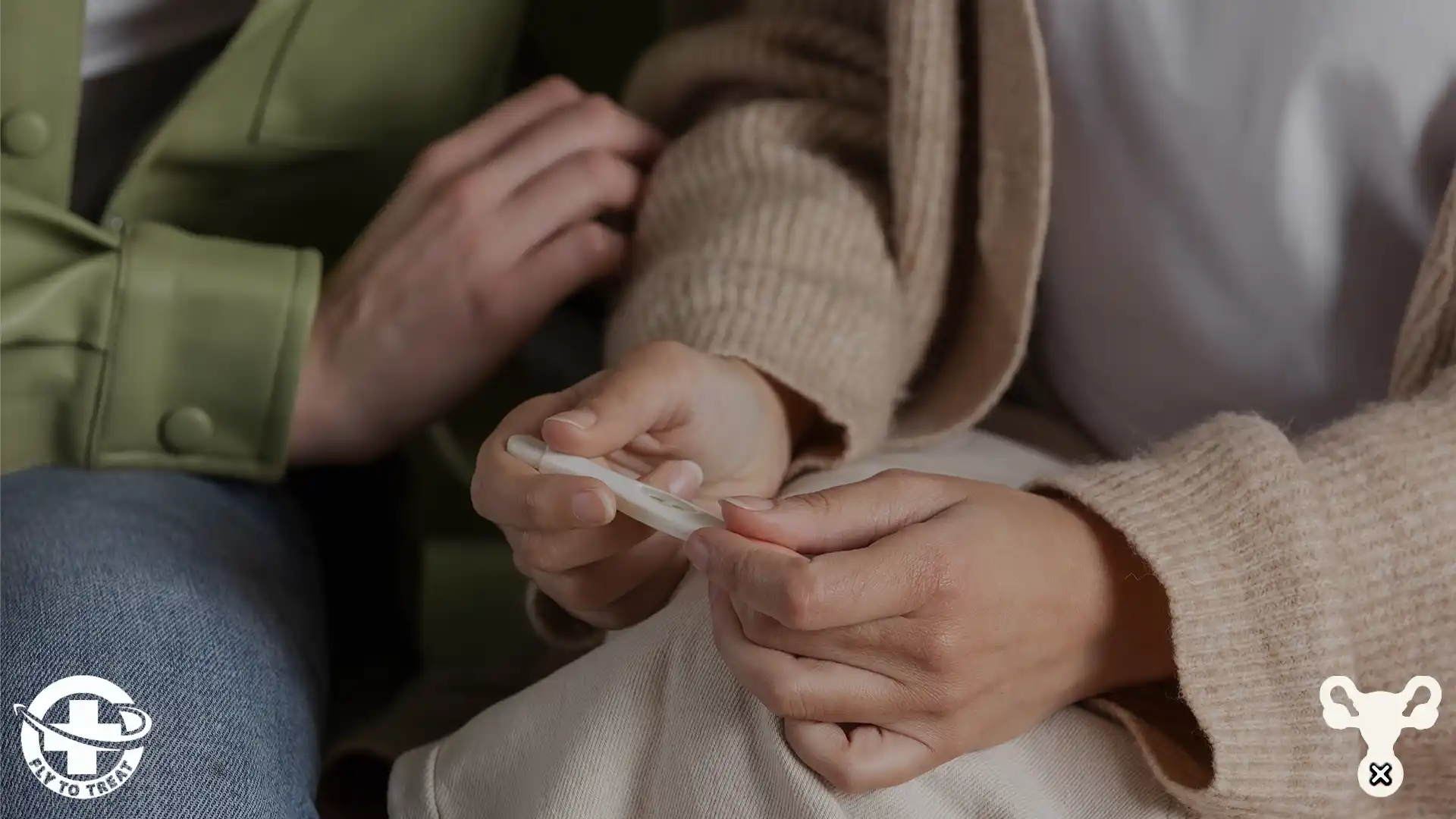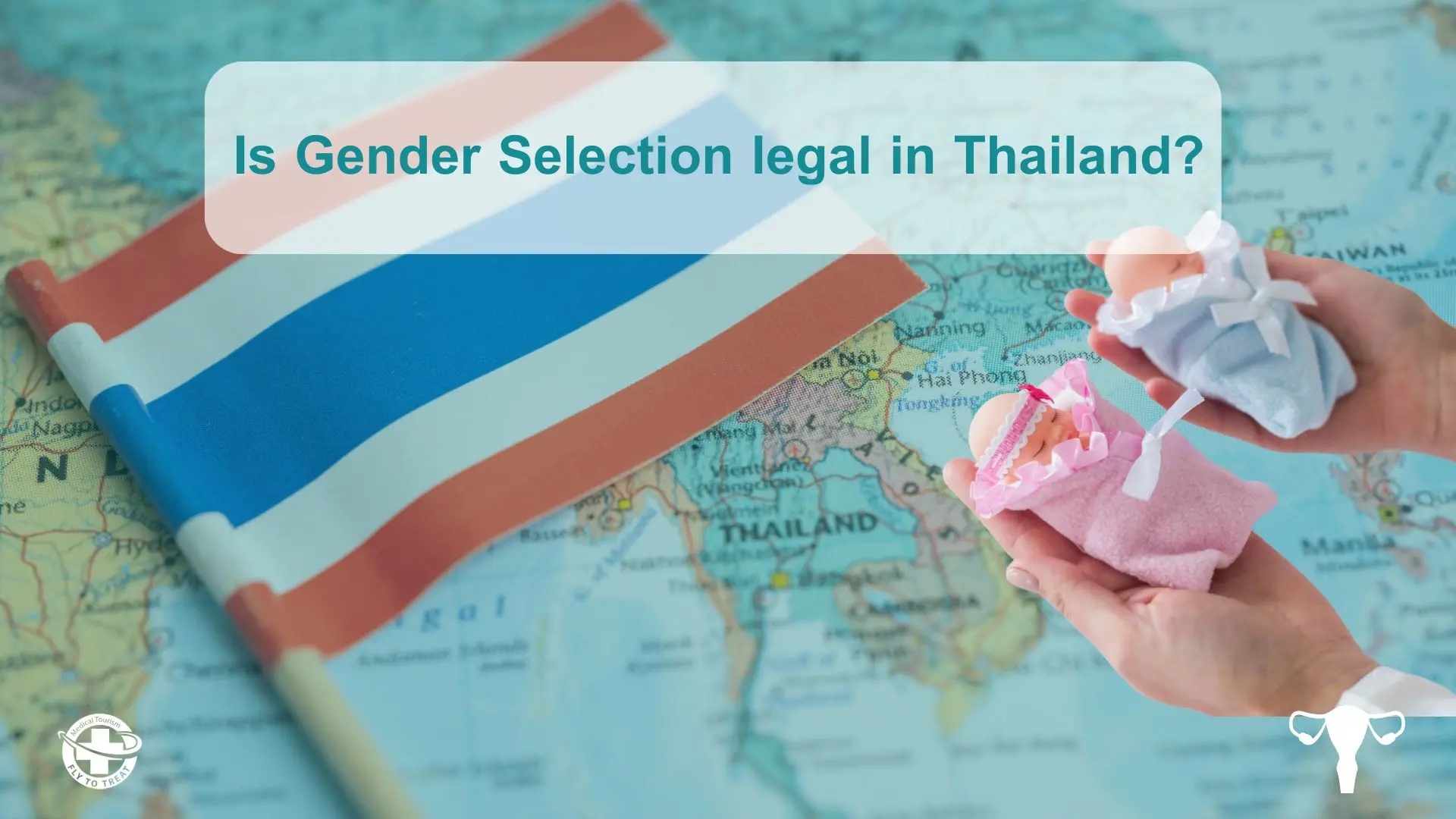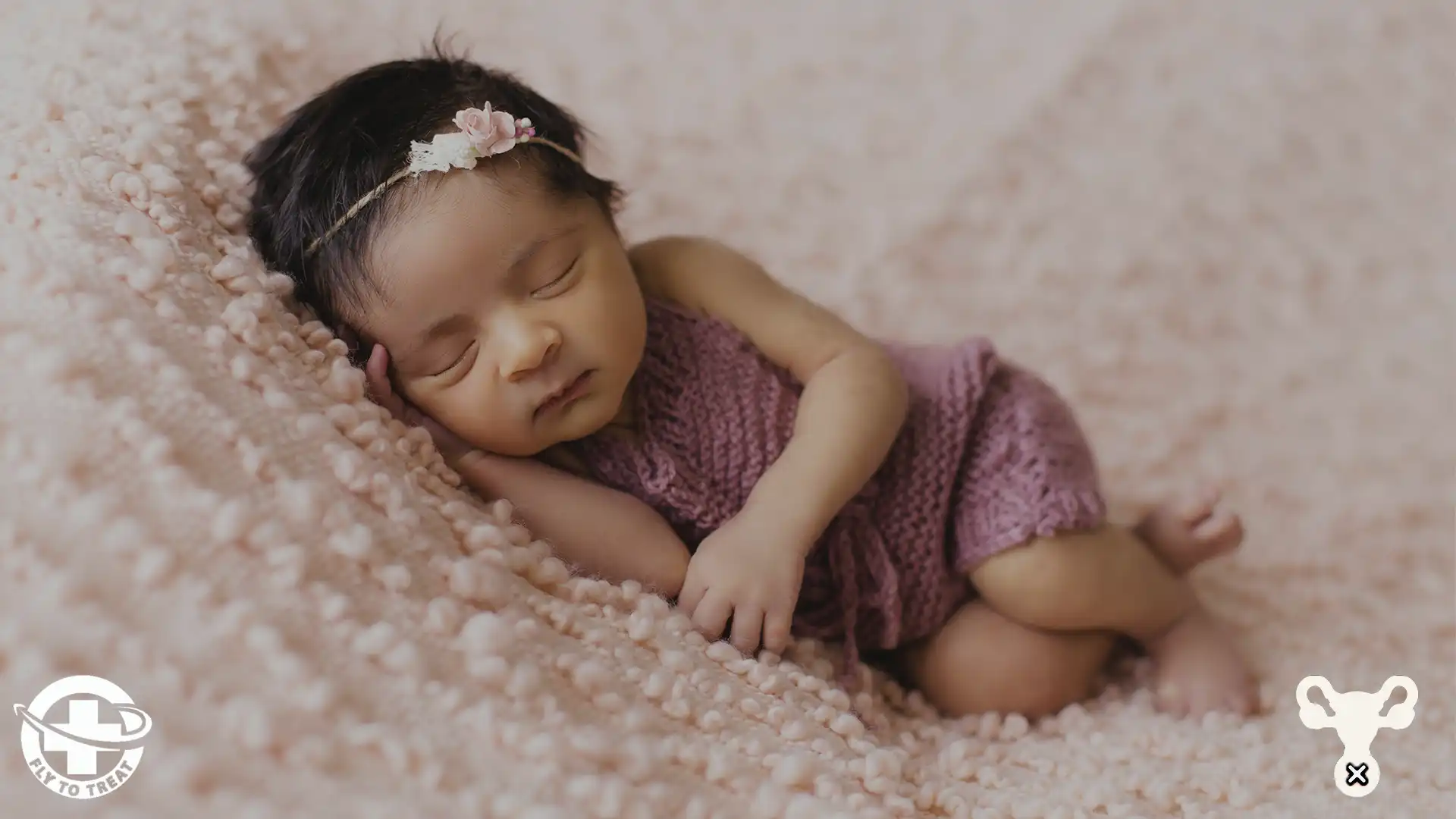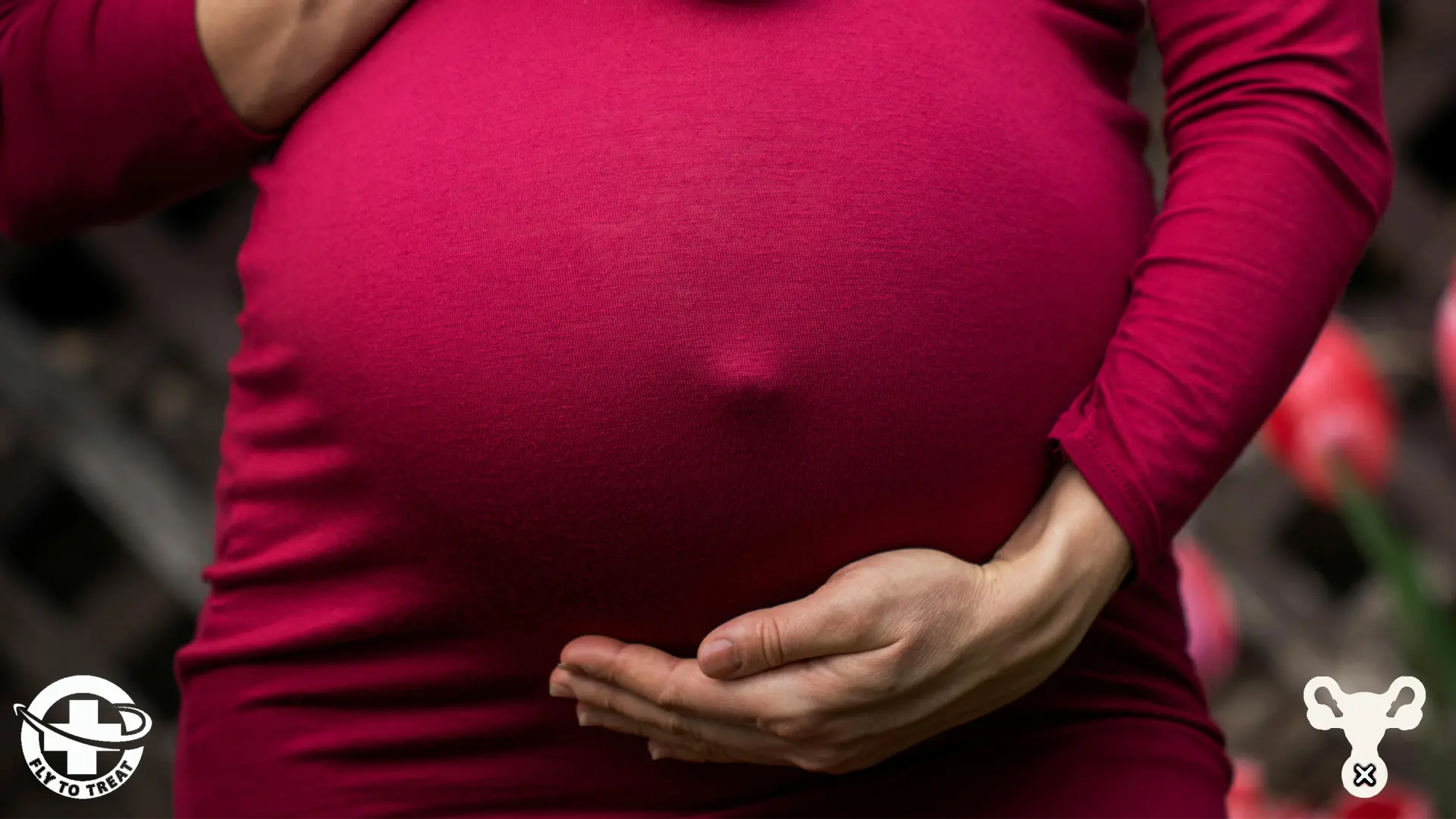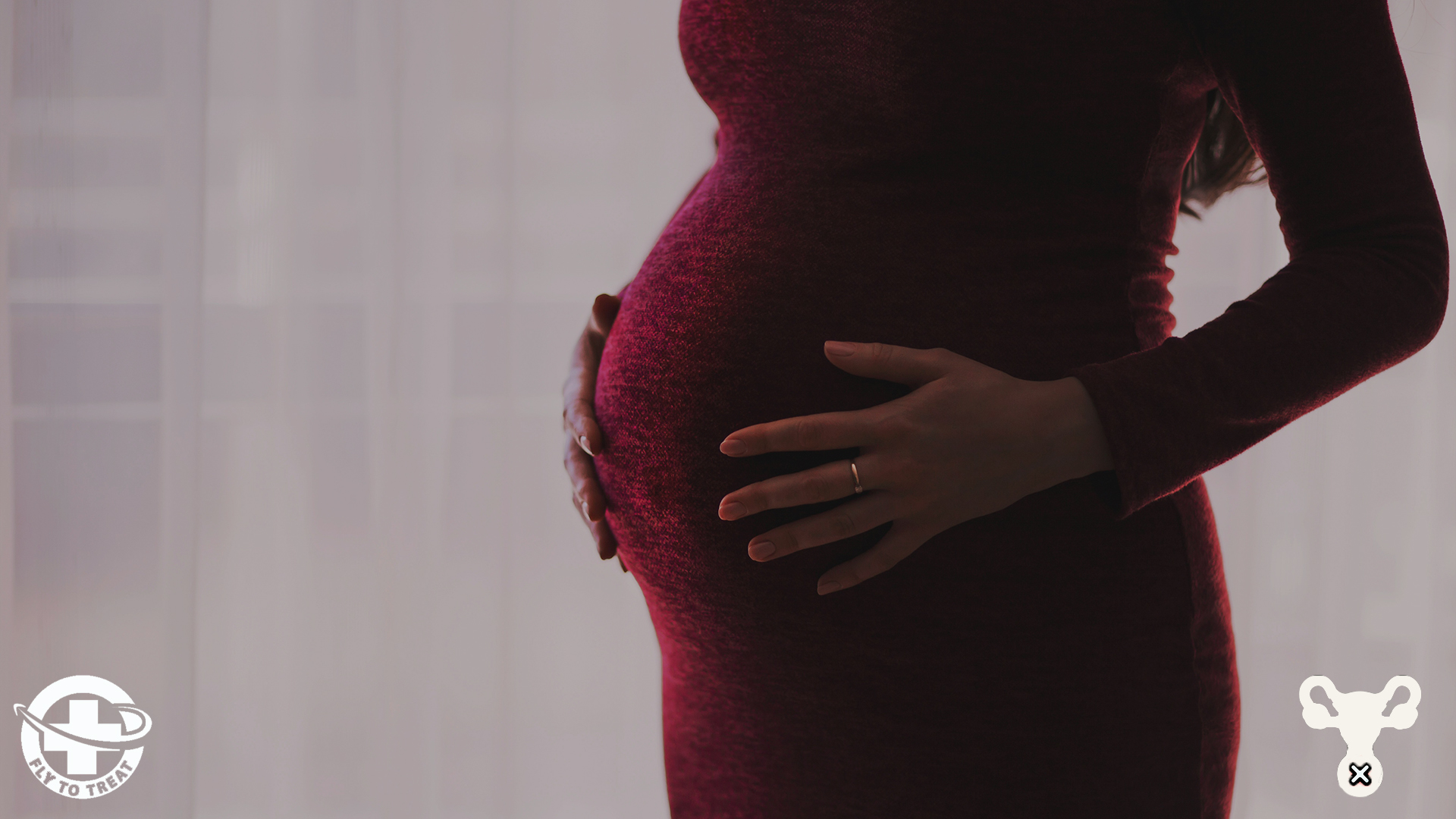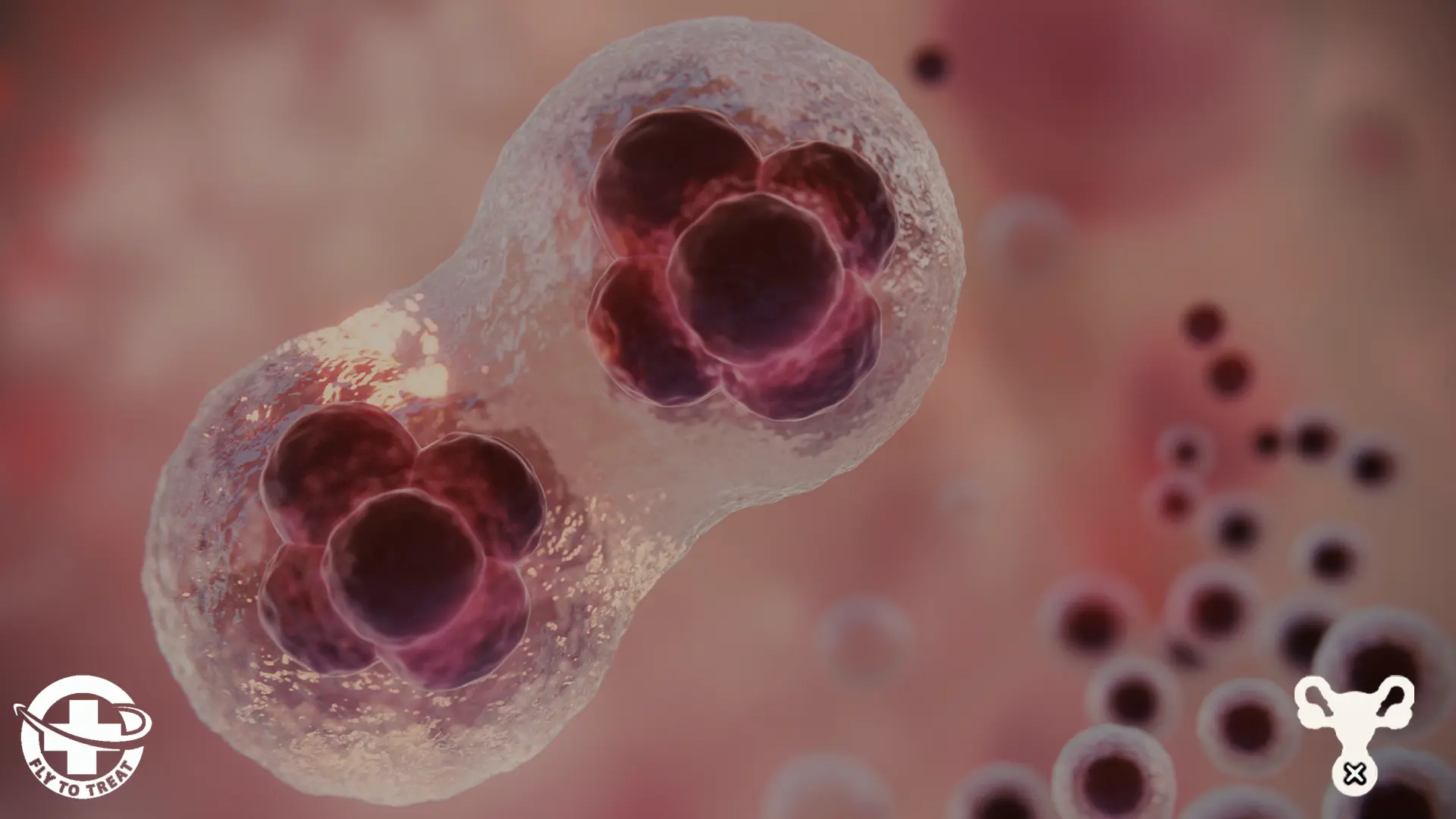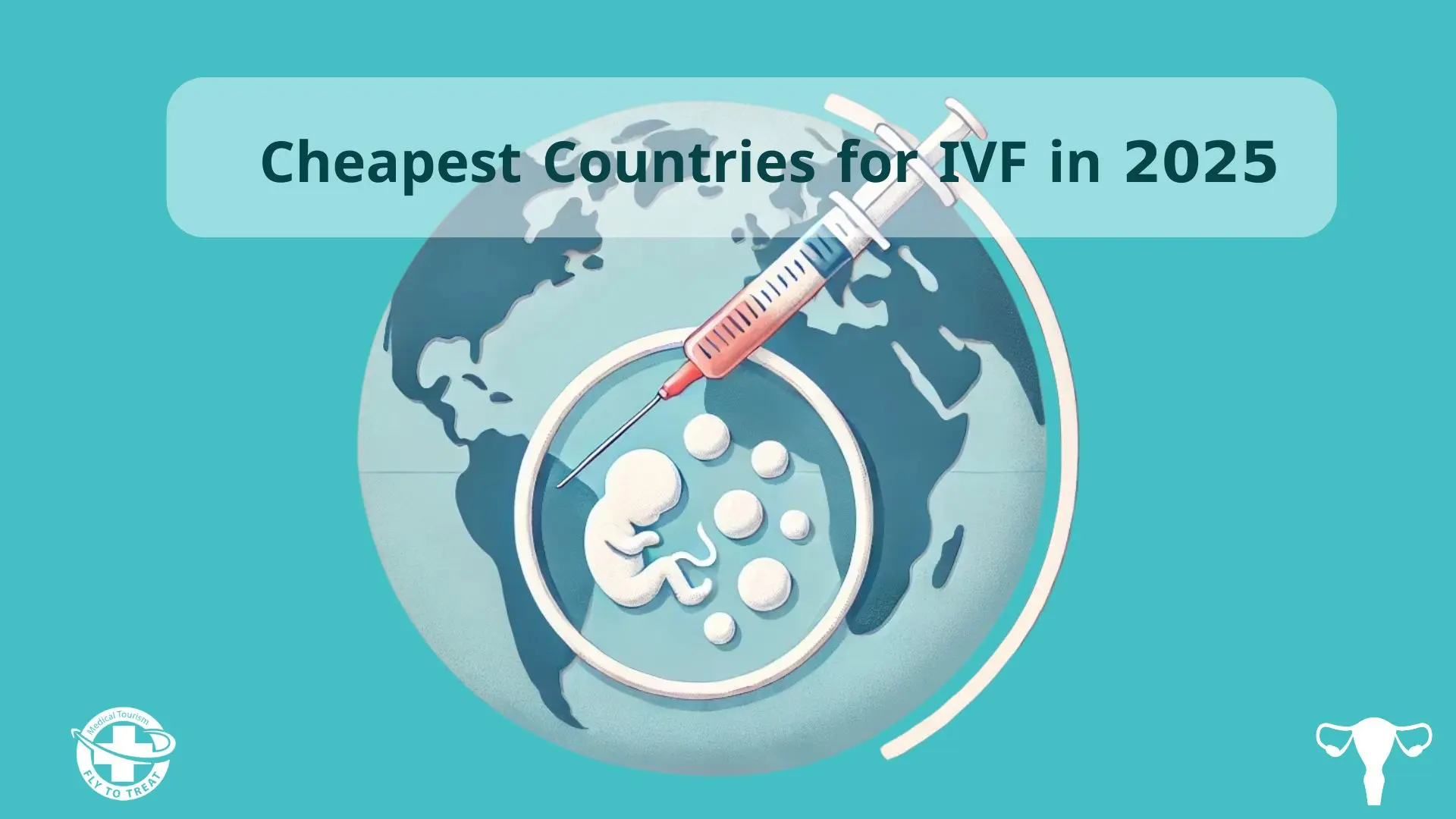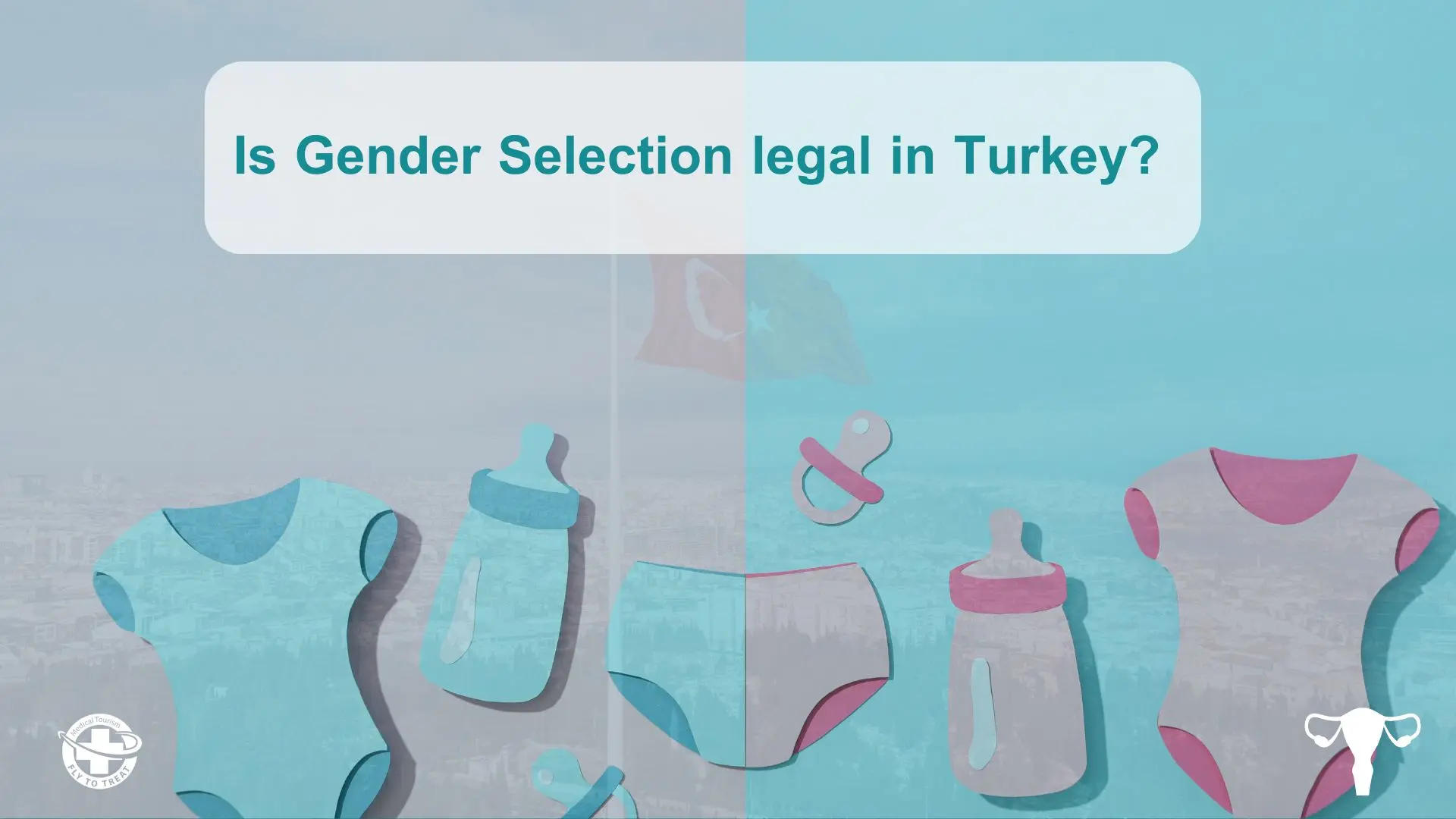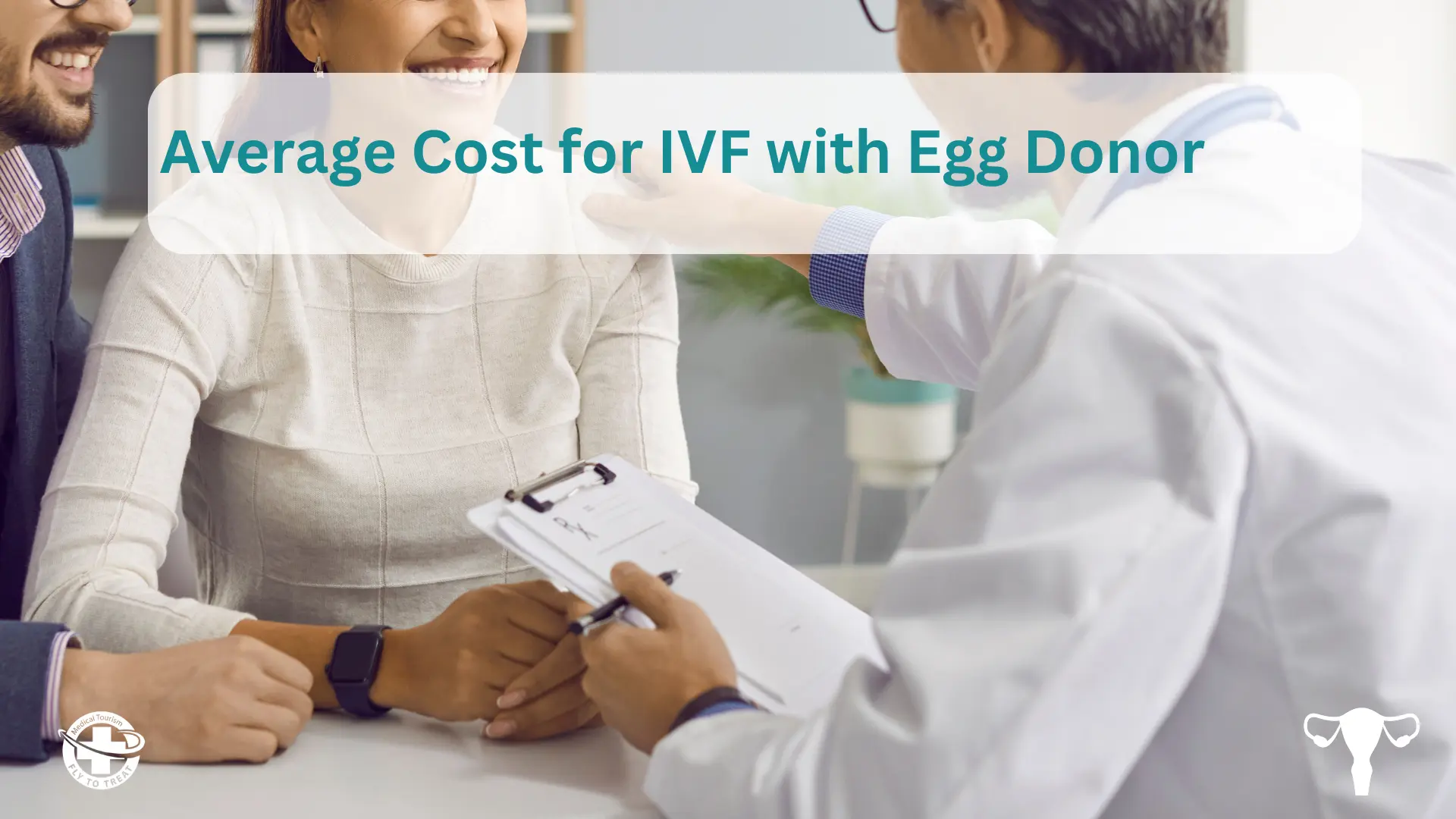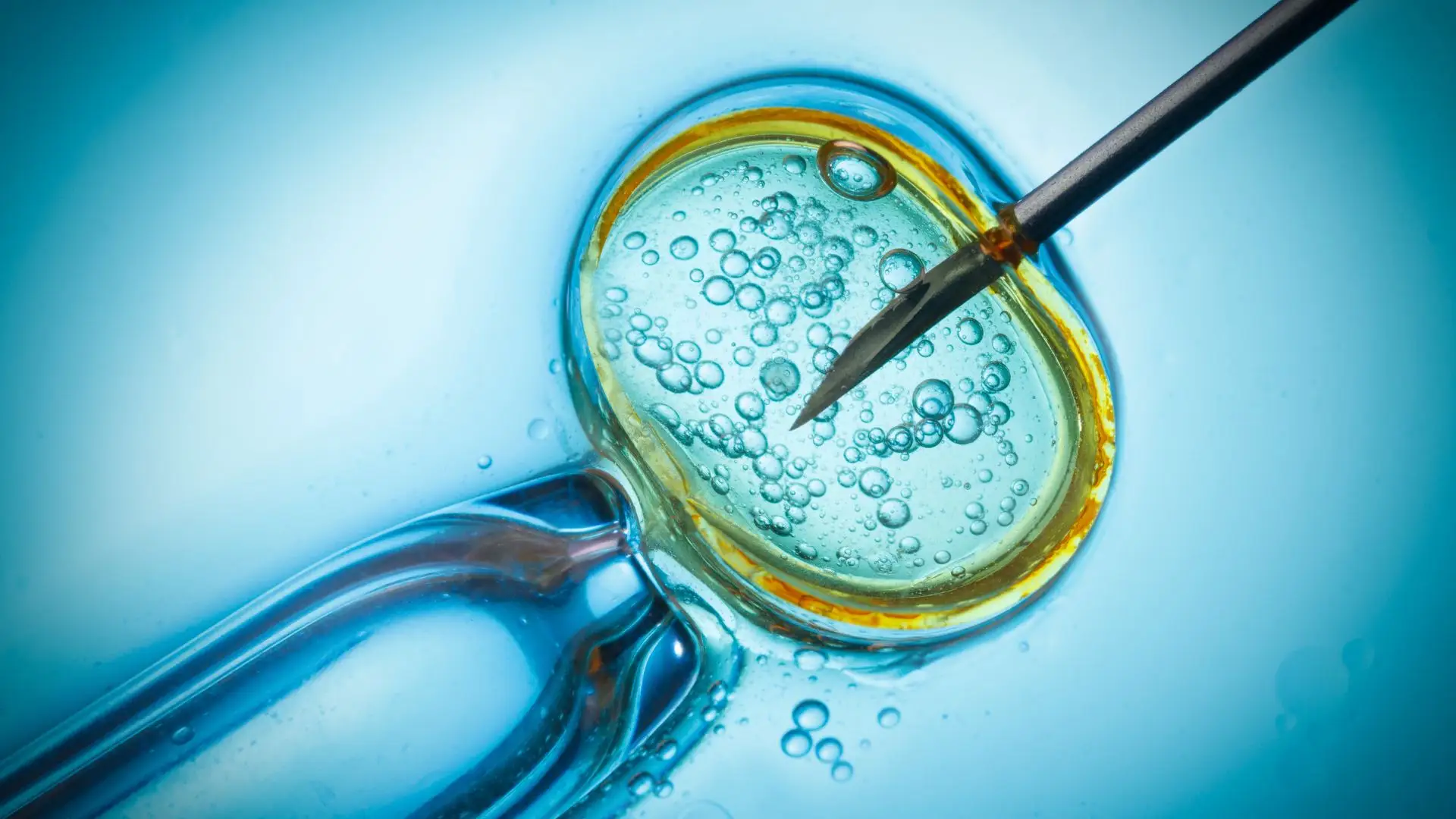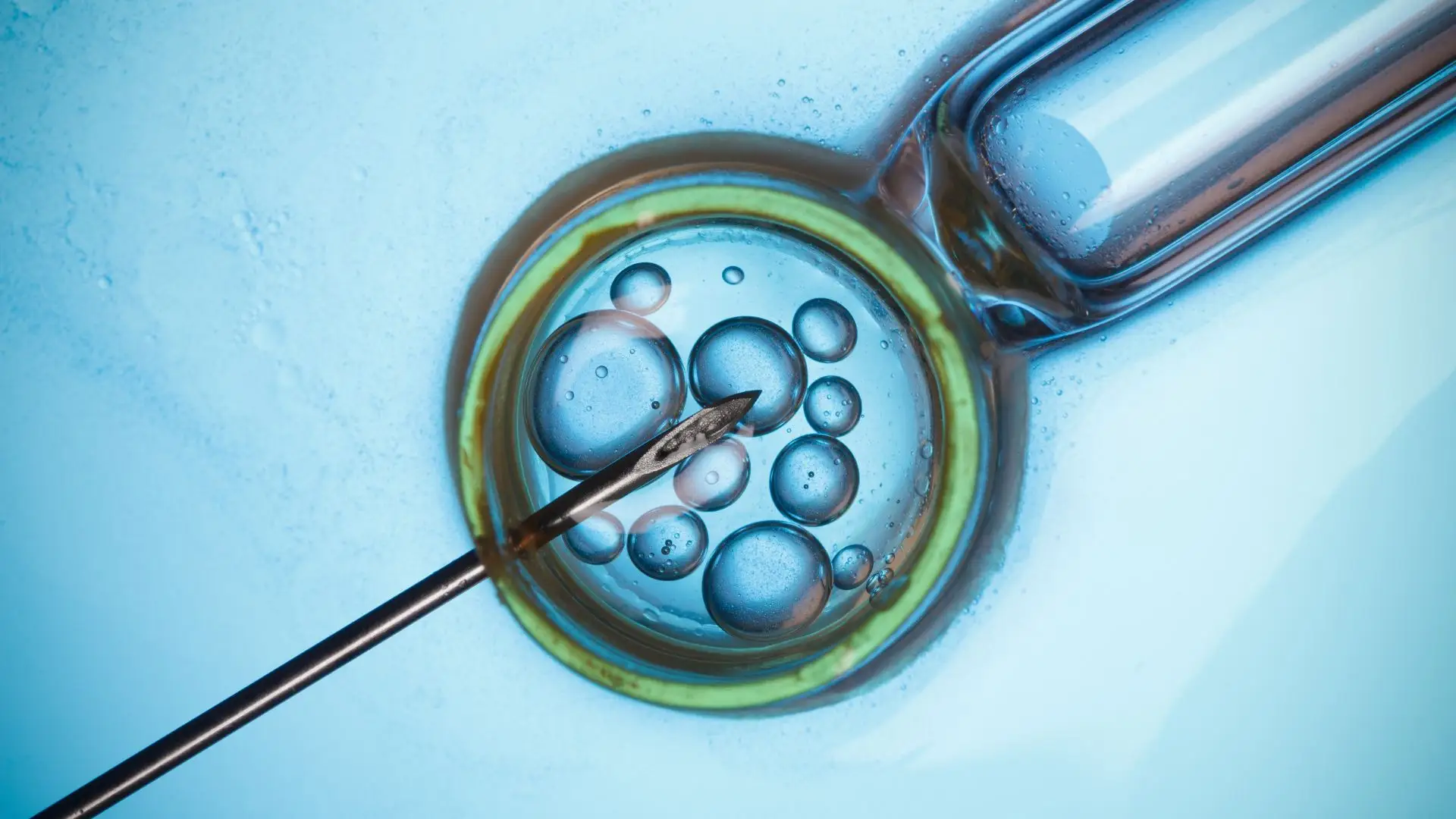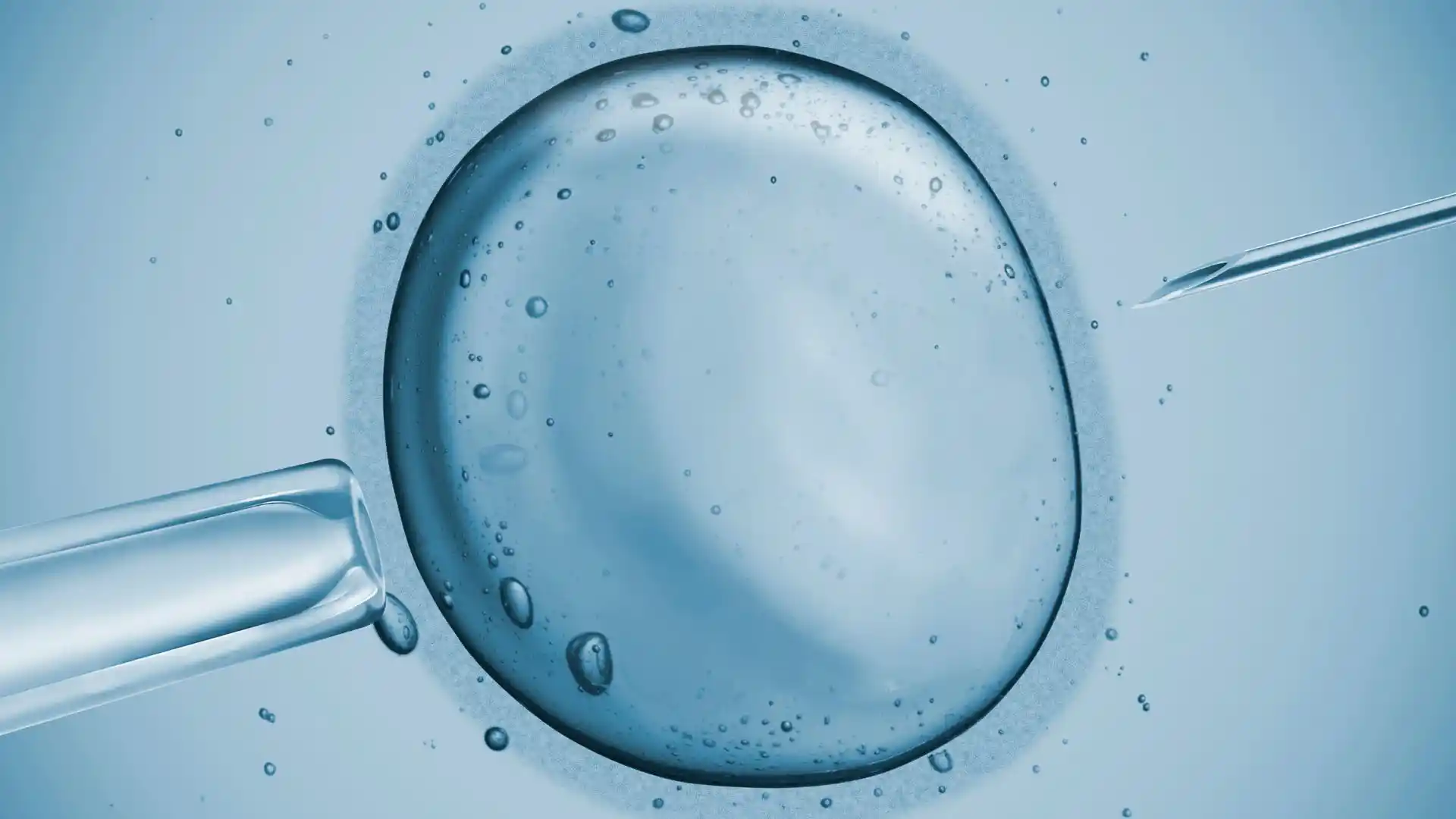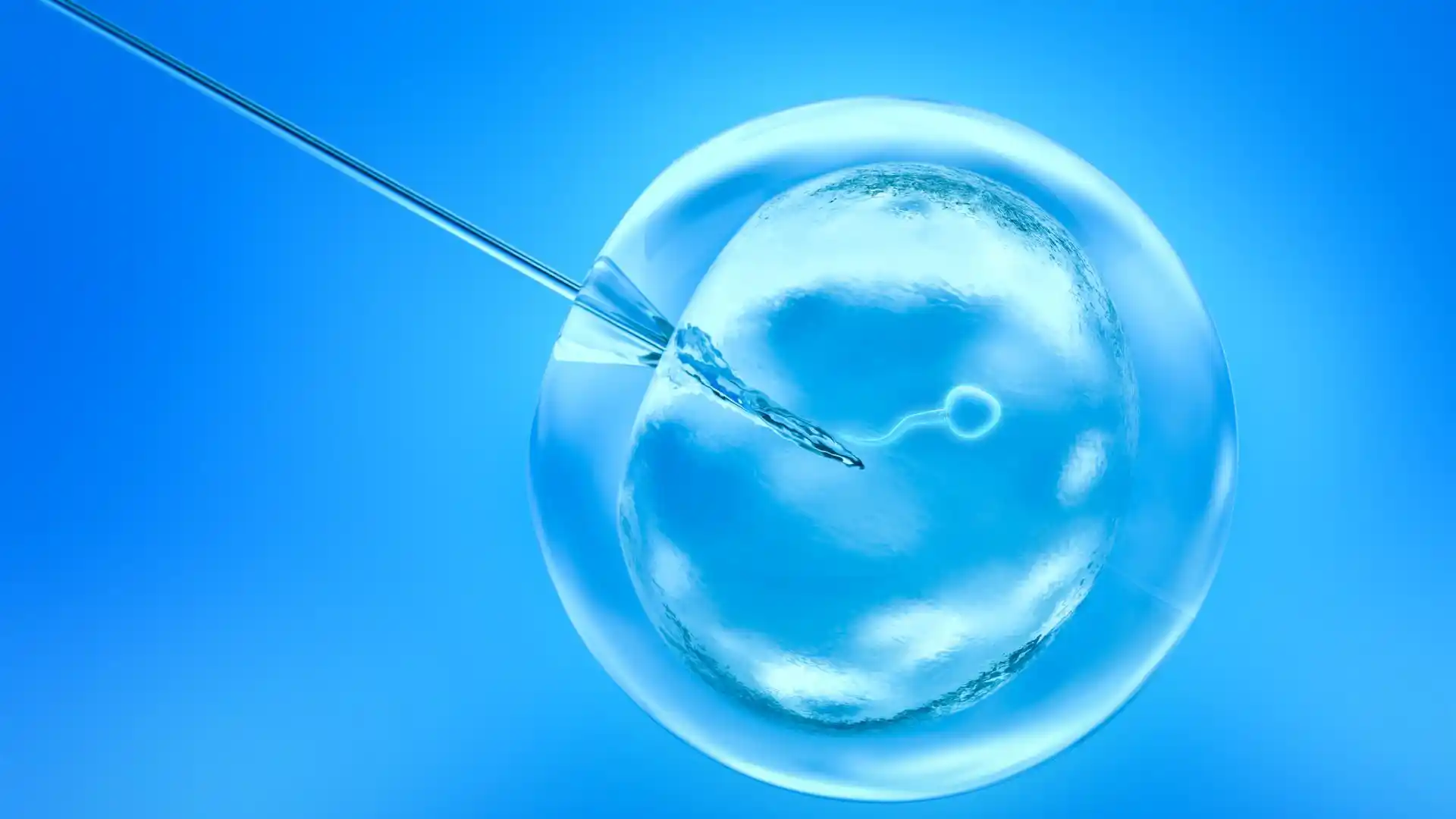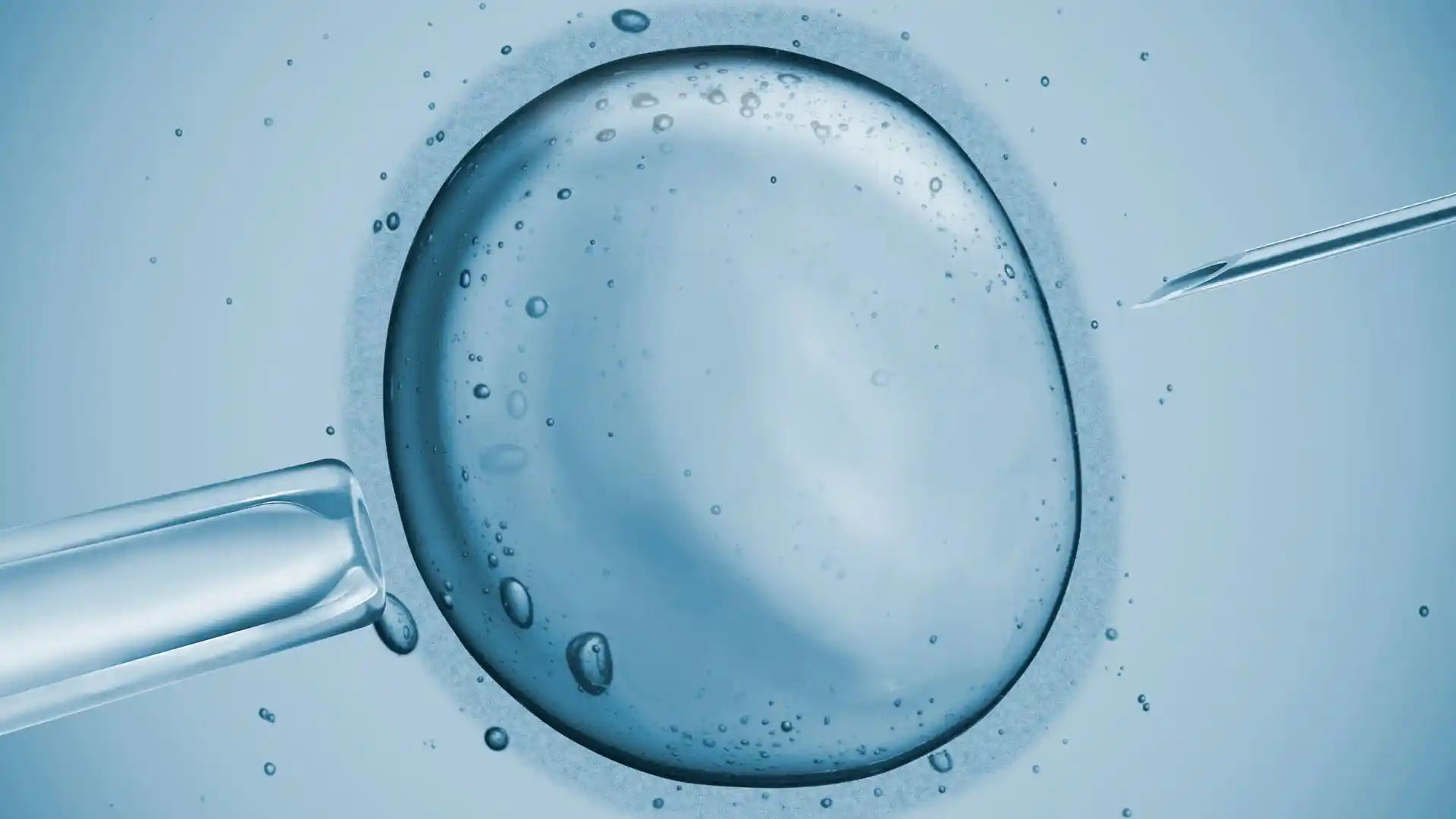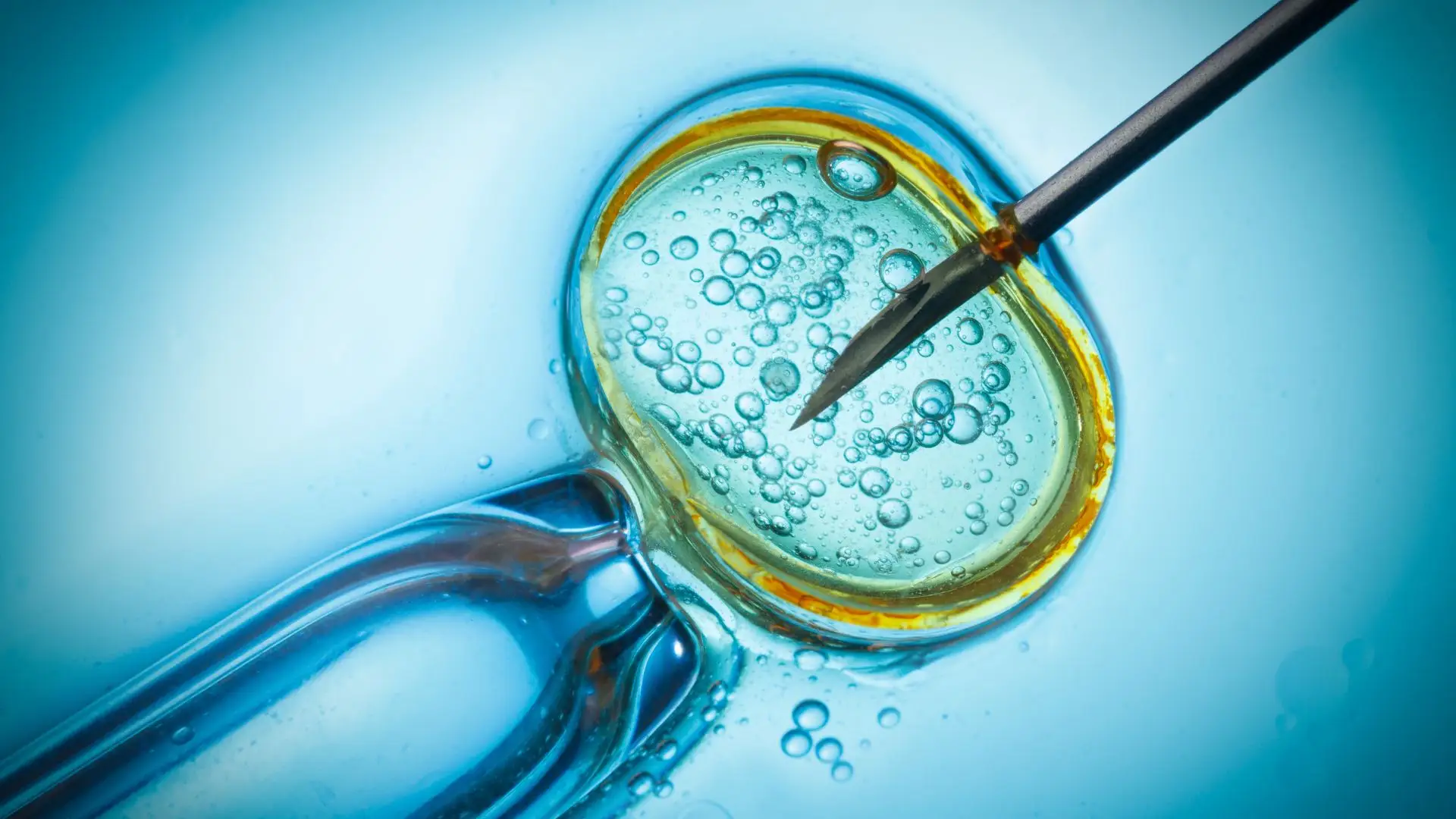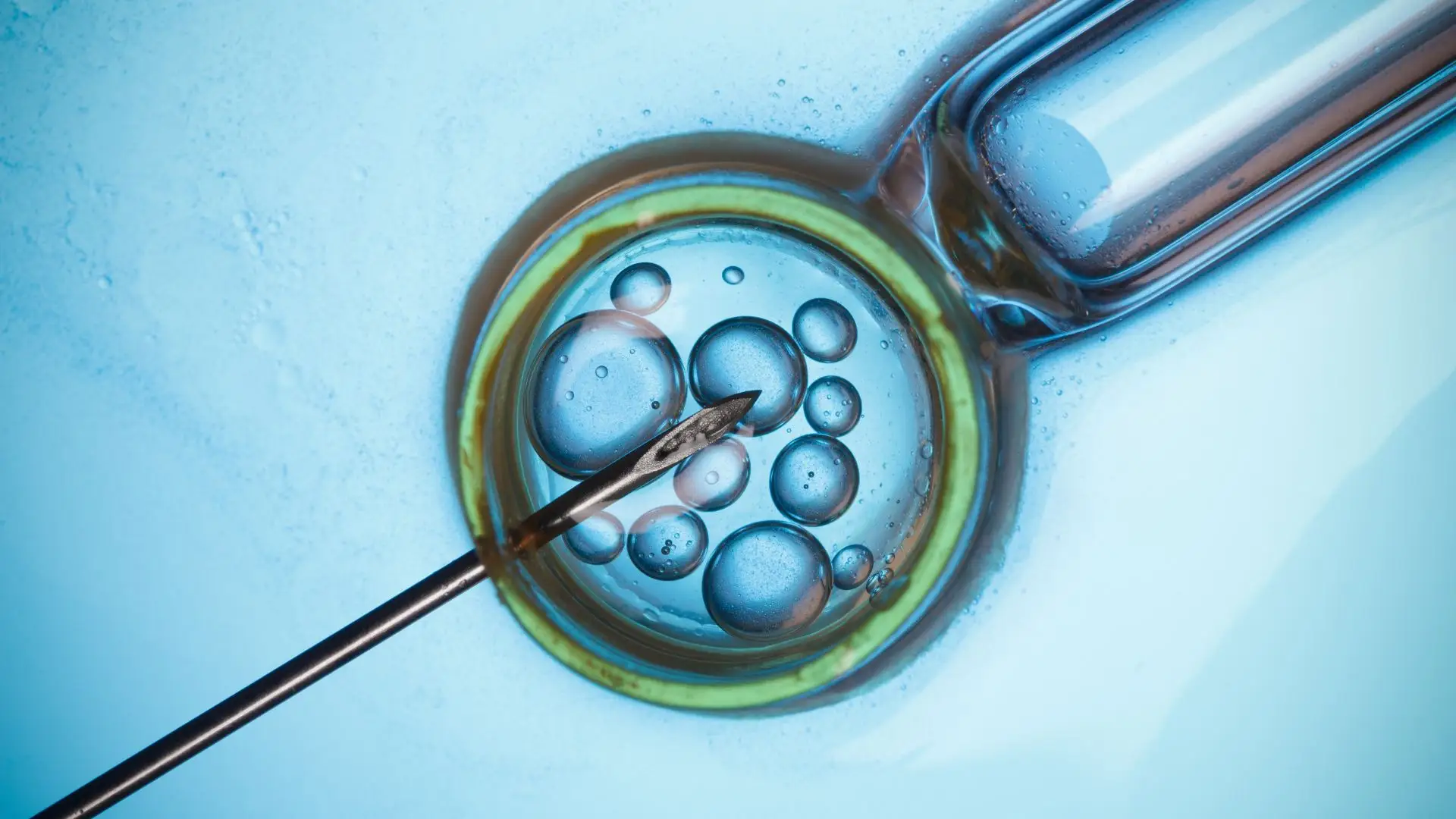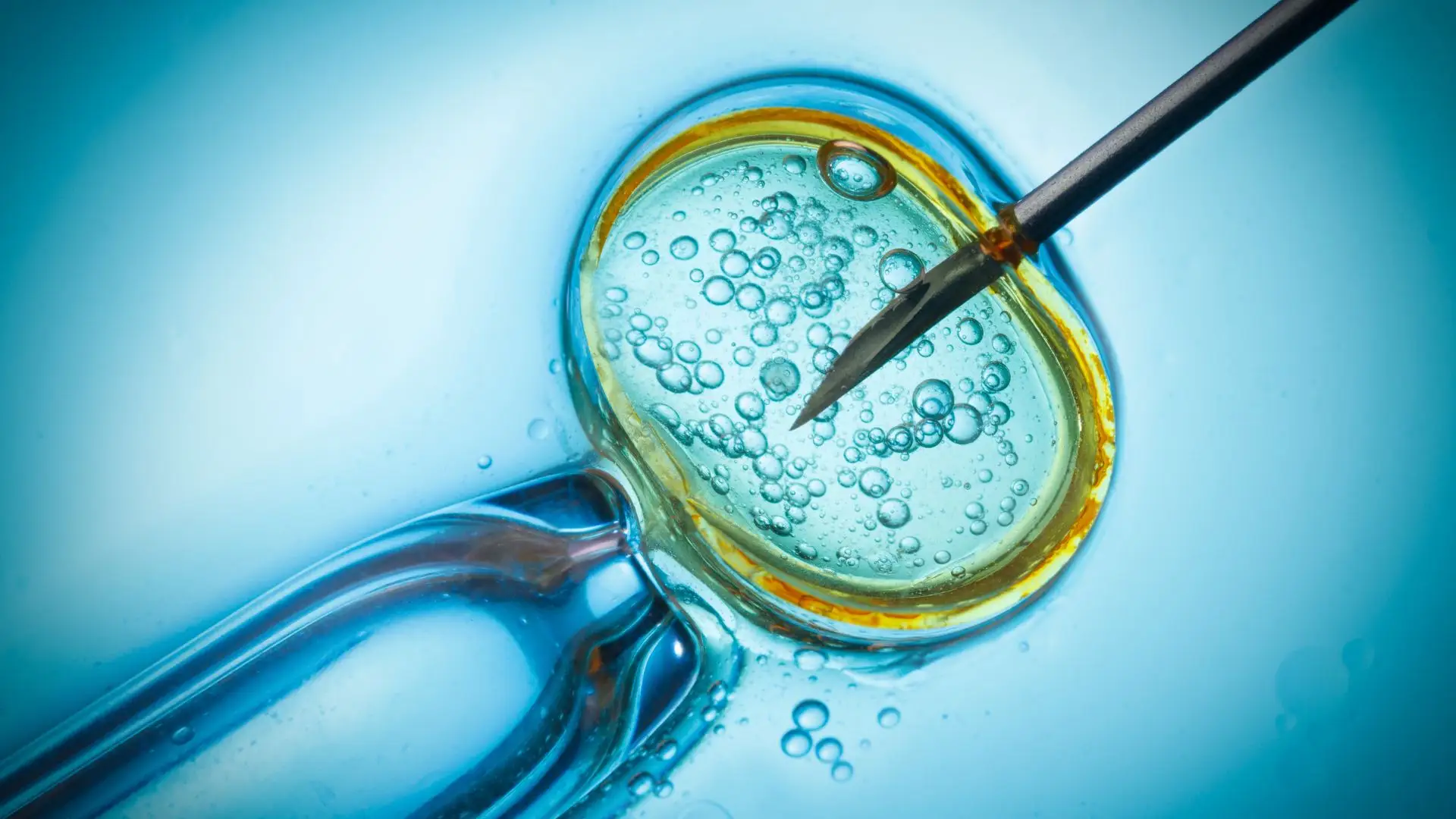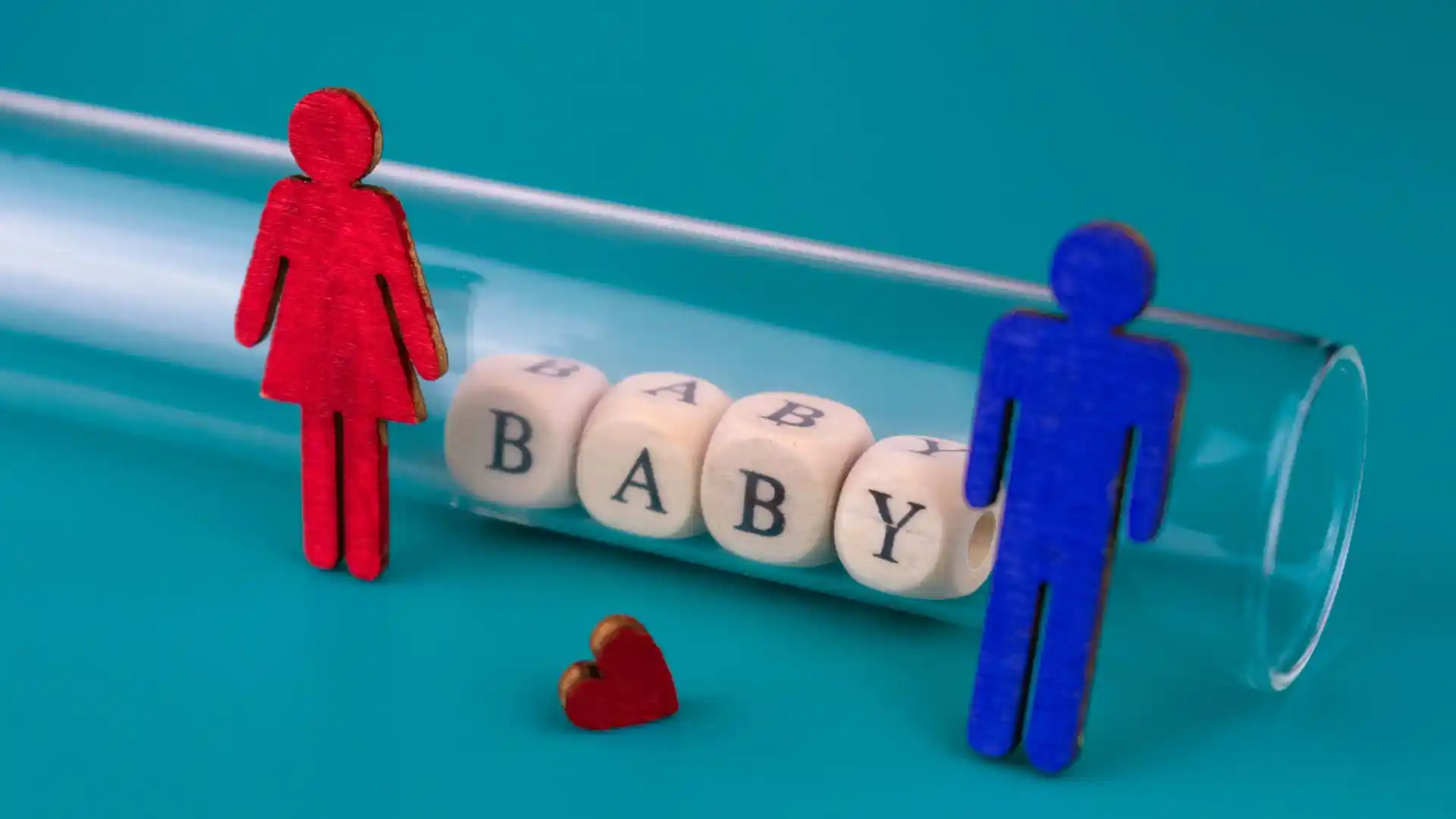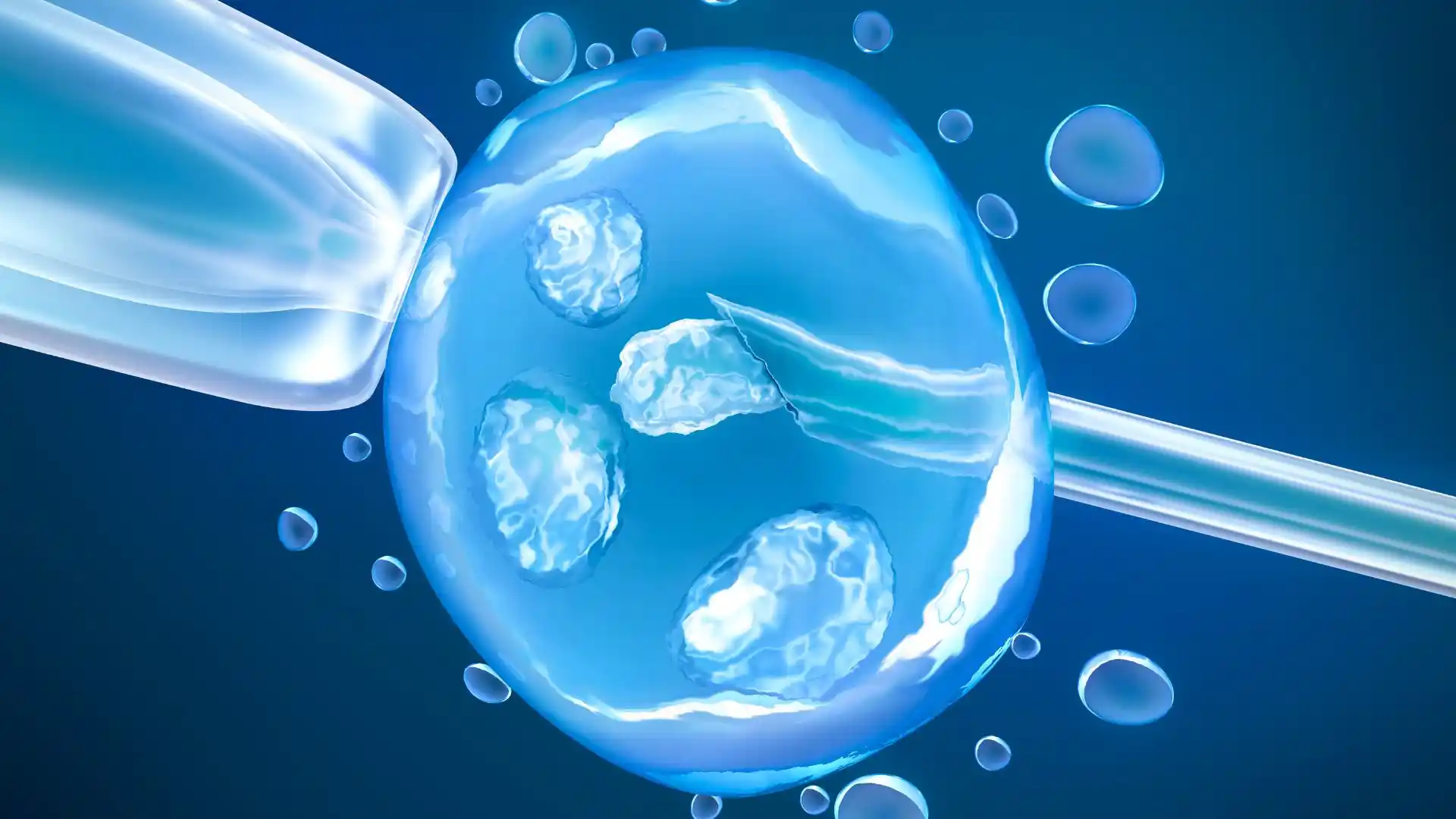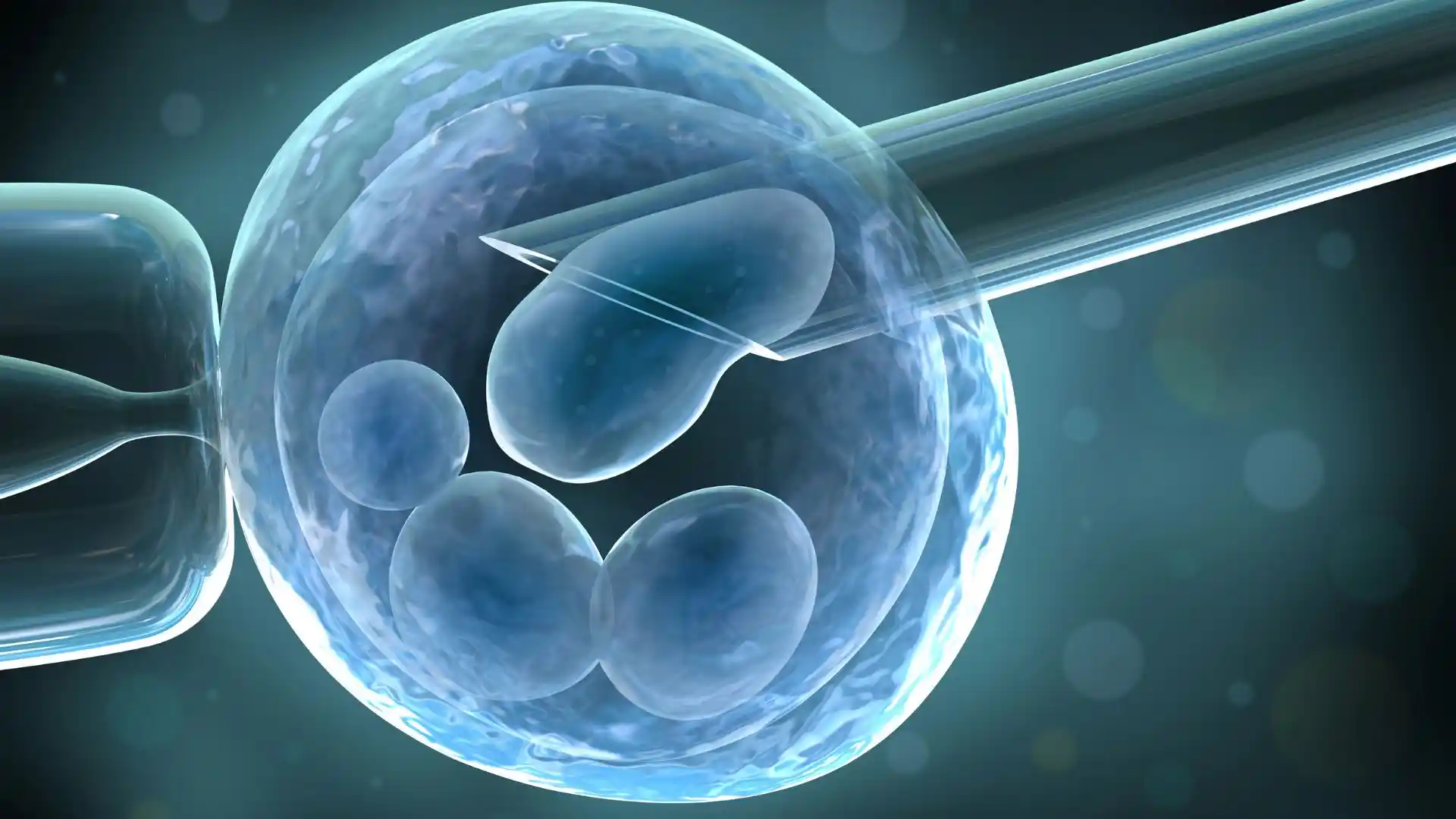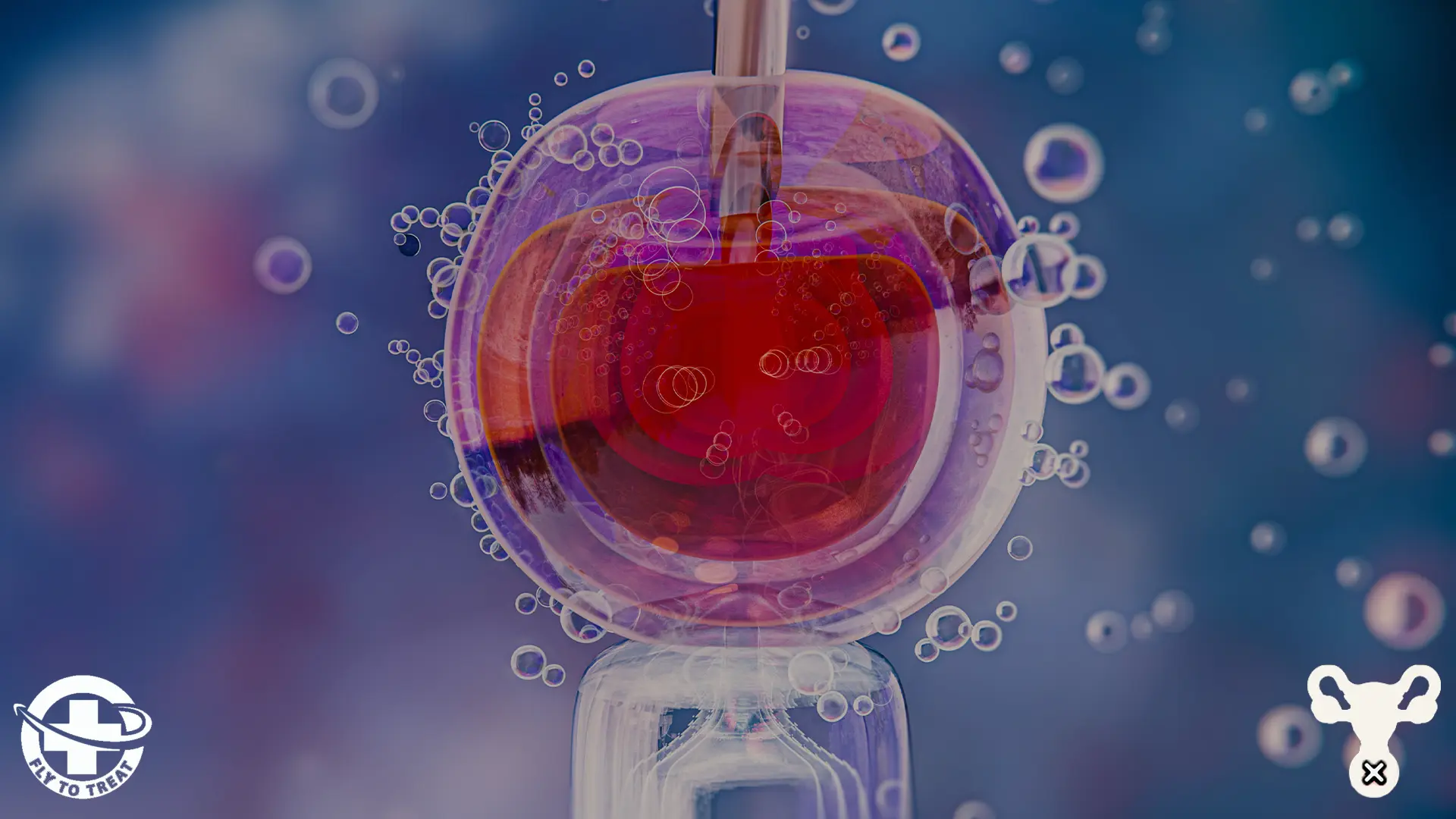
IVF with Donor Egg Process Step-by-Step
Egg donation with IVF offer a promising solution for couples and individuals struggling with infertility. By utilizing healthy eggs from donors, this process provides hope to those unable to conceive with their own eggs. In this article, we will delve into the details of egg donation, including what the egg donation with process entails, the egg donation package costs, and the timeline involved. Whether you're curious about how the donor egg process works or seeking answers to specific questions like "what is egg donation process," FlyToTreat is here to guide you through the process of IVF step by step.
Table of Contents
What is Egg Donation?
Egg donation is a process where a woman donates her eggs to help another individual or couple conceive through IVF. This procedure is often considered by those who cannot conceive using their own eggs due to factors like age, genetic issues, or infertility. The donor egg IVF procedure involves carefully screening and selecting egg donors to ensure they are healthy and suitable for donation. The eggs are then retrieved, fertilized with sperm, and the resulting embryos are transferred to the recipient’s uterus.
Key points about egg donation and IVF include:
• IVF by donor egg offers hope for those struggling with infertility.
• The IVF donor egg process requires careful synchronization of the donor and recipient’s cycles.
• Egg donors for IVF are typically young, healthy women who undergo a rigorous selection process.
This process is a vital option for those seeking to build a family through in vitro fertilization with donor eggs.
Why Would Someone Need an Egg Donor?
There are several reasons why someone might require an egg donor in IVF. The most common reasons couples need egg donation with IVF include:
• Age-related infertility: As a woman ages, the quantity and quality of her eggs diminish, making IVF by donor egg a viable option.
• Genetic concerns: Individuals with a history of genetic disorders may opt for egg donation for IVF to reduce the risk of passing on hereditary diseases.
• Premature ovarian failure: Women who experience early menopause or conditions that lead to ovarian failure may rely on egg donation in IVF.
High donor egg success rates by age provides hope for those who cannot use their own eggs due to these or other medical conditions. This IVF donor egg process offers an opportunity for many to achieve a successful pregnancy when traditional methods are not effective, making fertility egg donation an essential aspect of assisted reproductive technology.
Who Can Donate Eggs for IVF?
To be eligible for egg donation in IVF, a woman must usually be between 18 and 35 years old, avouching that the IVF by donor egg process is supported by healthy and viable eggs. Potential egg donors for IVF should have a clear medical history, free from genetic or hereditary diseases. A psychological evaluation is also a crucial part of the selection process to ensure the donor fully understands the implications of egg donation and IVF.
Women considering egg donation for IVF should have a healthy lifestyle, including maintaining a normal body mass index (BMI) and being a non-smoker. The IVF donor egg process also requires a commitment to the donor egg process step by step, which includes hormone treatments and medical assessments. While there are guidelines to ensure the well-being of both the donor and recipient, the process ultimately offers a remarkable opportunity for many to start or grow their families through fertility egg donation.
Egg donation application
The egg donation application process is a crucial first step for those interested in becoming egg donors for IVF. Prospective donors typically start by completing a detailed application, which includes medical history and lifestyle information. This helps fertility clinics assess the donor's eligibility for the ivf donor egg process. After the application, candidates may undergo further screening, including medical and psychological evaluations, to ensure they are suitable for egg donation in IVF. Once approved, donors enter the donor egg process step by step, contributing to the success of IVF with egg donor treatments.
What Is the Egg Donation Process?
The egg donation procedure involves several important steps to ensure the best result for both the donor and the recipient. The initial meeting is the first phase, where the potential egg donor is assessed for suitability through a thorough medical and psychological evaluation that includes a review of their health and family history. In order to stimulate the ovaries and encourage the production of many eggs, the donor receives hormone injections during the hormone stimulation phase, which is a crucial step in the donor egg IVF procedure. The eggs are removed when they are ready, which typically takes 20 to 30 minutes and involves a sedative-assisted surgical procedure. In order to create embryos that can be transferred to the recipient's uterus, the donated eggs are fertilized with sperm in a lab after being returned. Infertile individuals and couples might find hope with this IVF with egg donor procedure, which offers a practical way to become pregnant.
A Step-by-step IVF Timeline with an Egg Donor
There are some steps that must be followed when an intending parent chooses to employ an egg donor. Choosing an egg donor and creating embryos can take ranging from three to six months on average.
Step 1: Choose an egg donor
It might be stressful to find the proper egg donor. Thankfully, FlytoTreat can assist you in finding a perfect match for an egg donor. Our IVF medical professionals have pre-approved each donor candidate. For a free consultation, Click here.
Step 2: Semen collection
FlytoTreat will collaborate with you to obtain semen in order to produce your embryos after an egg donor has been chosen. On the day of egg retrieval, we can use fresh semen, or we can store semen samples for use in your IVF cycle later.
(Note that this stage can be completed at any point during the process because semen cryopreservation is a possibility).
Step 3: Medical screening of egg donors
After matching you with an egg donor, our clinical coordinators will contact the donor and arrange for her to meet with our IVF specialist for an in-person medical screening.
Step 4: Legal contract for egg donors
To start the legal contract, FlytoTreat will connect you with a fertility law attorney. Depending on each party's legal requirements, this process could take a few weeks to several months.
Step 5: Cycle of stimulation for egg retrieval
Depending on the donor, the egg retrieval stimulation cycle can take anywhere from 10 to 14 days on average. This period of time begins when the donor starts taking ovarian stimulation medication prior to the egg collecting process.
Step 6: PGT testing and fertilization
We will send a fertilization report the day following the fertilization of the eggs. Following five to seven days of culture, the fertilized embryos will undergo biopsies and be sent for preimplantation genetic testing, or PGT. The results of the final embryos are given in a cycle of 10 to 12 days.
How Successful Is IVF with Donor Eggs?
Using donor eggs for IVF significantly increases the chances of a successful pregnancy, especially for women who may struggle with their own egg quality or quantity. Here are some key questions:
• Does IVF with Egg donors result in Higher Success Rates? The success rates for IVF by donor egg are generally higher than those using the recipient’s eggs. This is because egg donors for IVF are usually younger and have undergone rigorous screening to ensure they produce healthy eggs.
• How does the age affect the egg donor results? The age of the egg donor, rather than the recipient, plays a crucial role in the success of the IVF donor egg process. Younger eggs are more likely to lead to a successful pregnancy.
• How are Success Rates in IVF with egg donation? The success rate for IVF with the egg donor process can be as high as 50-70%, depending on various factors such as the recipient’s health and the quality of the donor eggs.
In summary, IVF with donor eggs offers a promising path to parenthood, particularly for those facing challenges with their egg supply.
How much is egg donation IVF?
The cost of egg donation and IVF varies significantly depending on the country where the procedure is performed. For example:
• IVF by donor egg In the UAE typically ranges from $18,000 to $20,000.
• IVF+egg donation In Cyprus, it’s more affordable, averaging around $6,000 to $8,000.
• IVF + egg donation In Iran, the cost is even lower, generally between $4,000 and $5,000.
• IVF+ egg donation in The UK, however, tends to be more expensive, with prices reaching up to $12,000 or more.
These costs reflect both medical and non-medical packages available for couples, which can include additional services like accommodation, transportation, and medication. Understanding the full scope of the ivf donor egg process is crucial, as the total expenses can vary widely depending on the level of care and support provided.
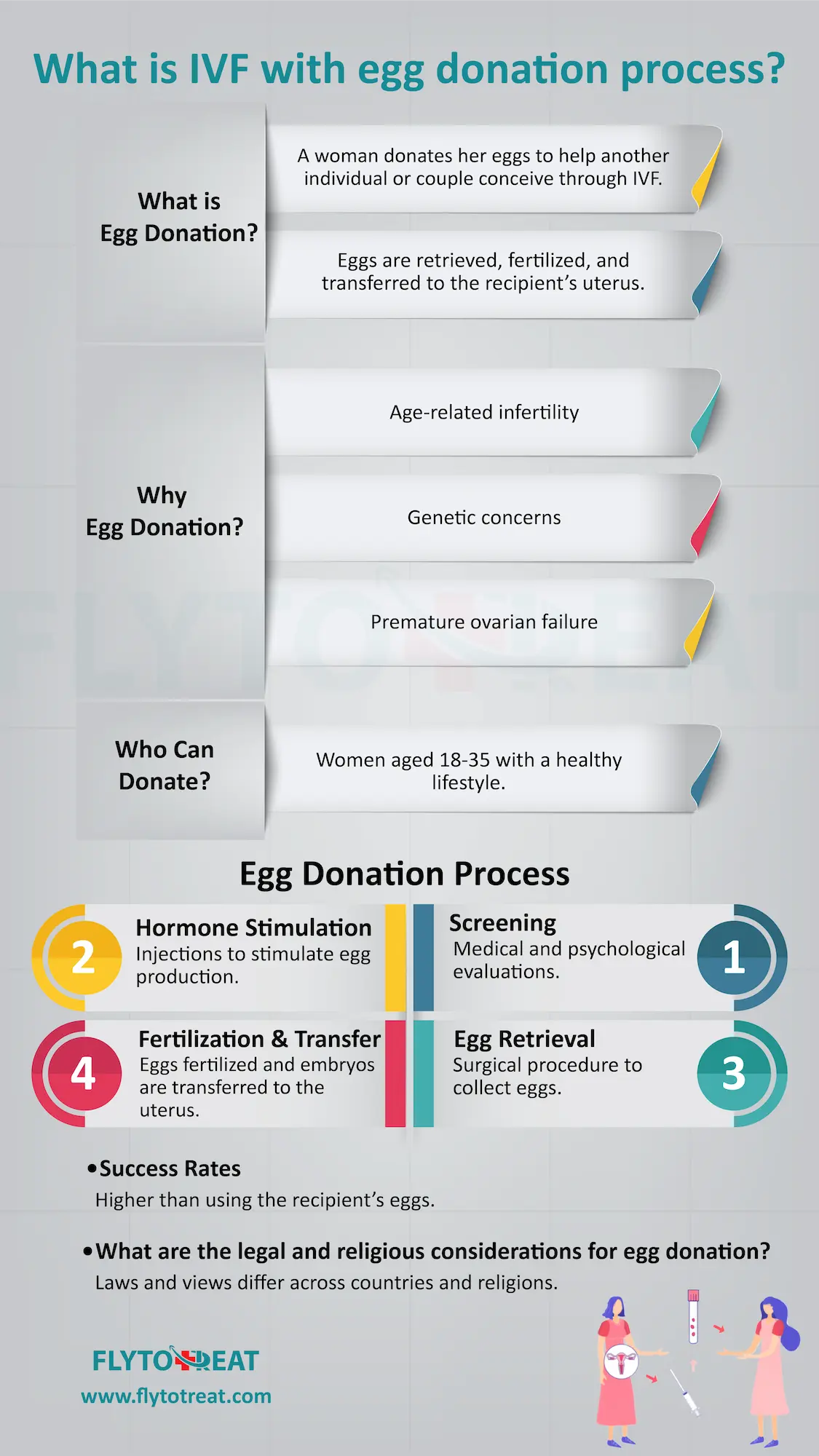
Religious Views on Egg Donation: A Spectrum of Perspectives
Egg donation for IVF raises questions about some faith traditions. Here's a glimpse:
• Egg donation Christian view: Views vary within Christianity and Judaism. Some believe egg donation contradicts the sanctity of procreation within marriage. Others see it as an act of compassion allowing infertile couples to have children.
• Islam: Some Islamic scholars view egg donation as permissible, as long as the procedure adheres to Islamic principles.
o IVF by donor eggs in Shia Clergy: Sperm, egg, and embryo donation in Iran are allowed by many Shia religious scholars, including the Iranian Supreme Leader Ali Khamenei, under specific conditions.
o IVF by donor eggs in Sunny Clergy: The use of donor eggs is allowed to address infertility in both males and females. When a married couple donates an embryo to another married couple, it is considered halal.
• Other Faiths: Many religions haven't issued official stances on egg donation in IVF. However, some ethical considerations might be explored within those traditions.
Religious views on egg donation and IVF are complex and can vary within denominations. Couples seeking egg donation should consult with their religious leaders for guidance based on their specific faith.
Egg Donation Laws by Country
Egg donation laws vary significantly across different countries, creating a complex landscape for couples considering IVF with donor eggs. Some countries, like the United States, allow for compensated and anonymous donation, while others like Germany, Turkey, and Switzerland strictly prohibit it entirely. IVF process in Iran and Egg donation step by step in Iran is done.
For intended parents, navigating these legal differences is crucial. Egg donation regulations might cover aspects like compensation for donors, anonymity, number of recipient families per egg source, and even age limitations for donors. It's important to research the specific egg donation laws in your country and any potential destination clinics if considering cross-border fertility treatments. Consulting with a lawyer specializing in fertility law can ensure a smooth and legal egg donation experience.
Conclusion
In conclusion, the egg donation process is a vital component of modern fertility treatments, offering a path to parenthood for those facing infertility challenges. From understanding the process and its costs to exploring religious perspectives and legal considerations, this article has provided a comprehensive overview of what it takes to navigate egg donation and IVF successfully. FlyToTreat remains committed to supporting individuals and couples on their journey toward achieving their dream of having a family. Feel free to contact our consultant.
MEDICALLY REVIEWED BY: Dr. Ali Bazazi
AUTHOR: FlytoTreat's team of Authors
13 August 2024 - Updated At: 02 March 2025
Related Articles
Related Services
Comment





